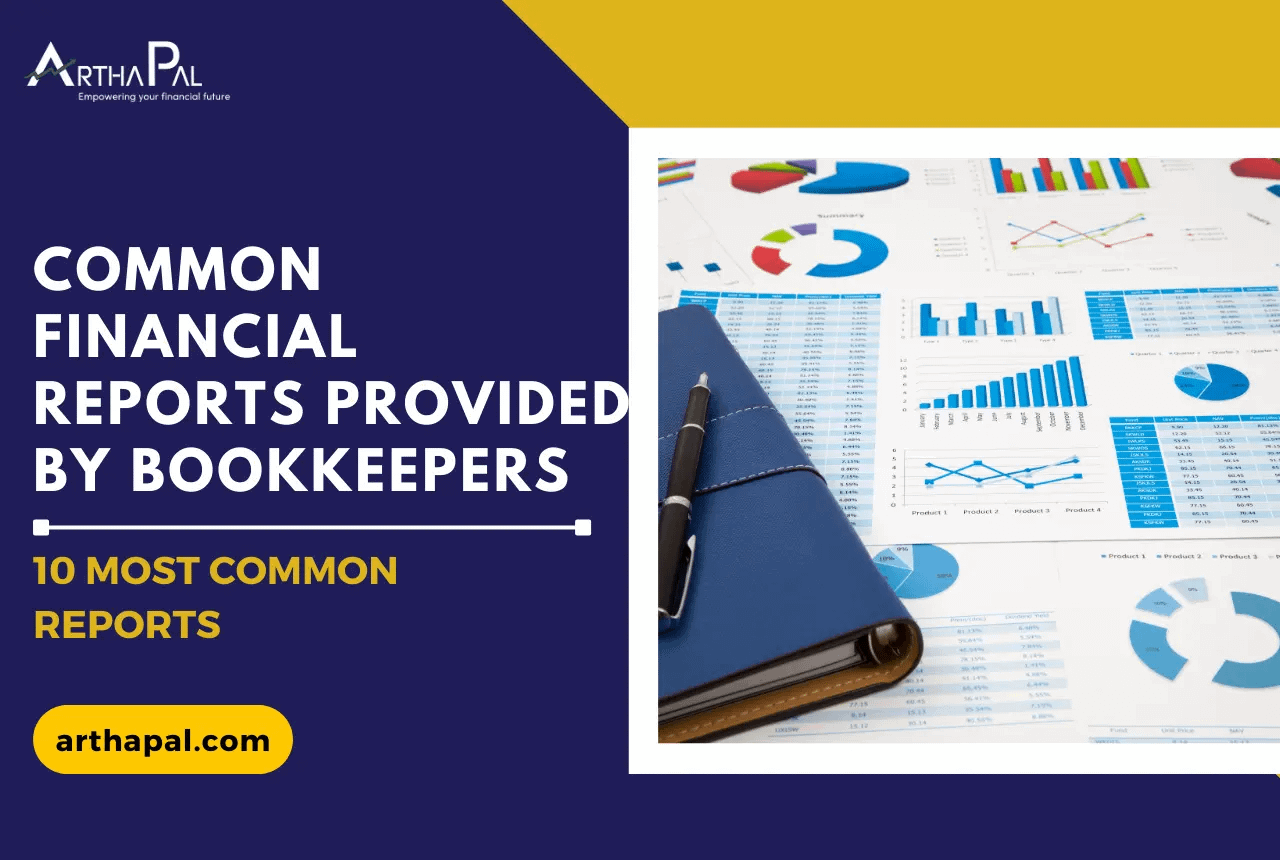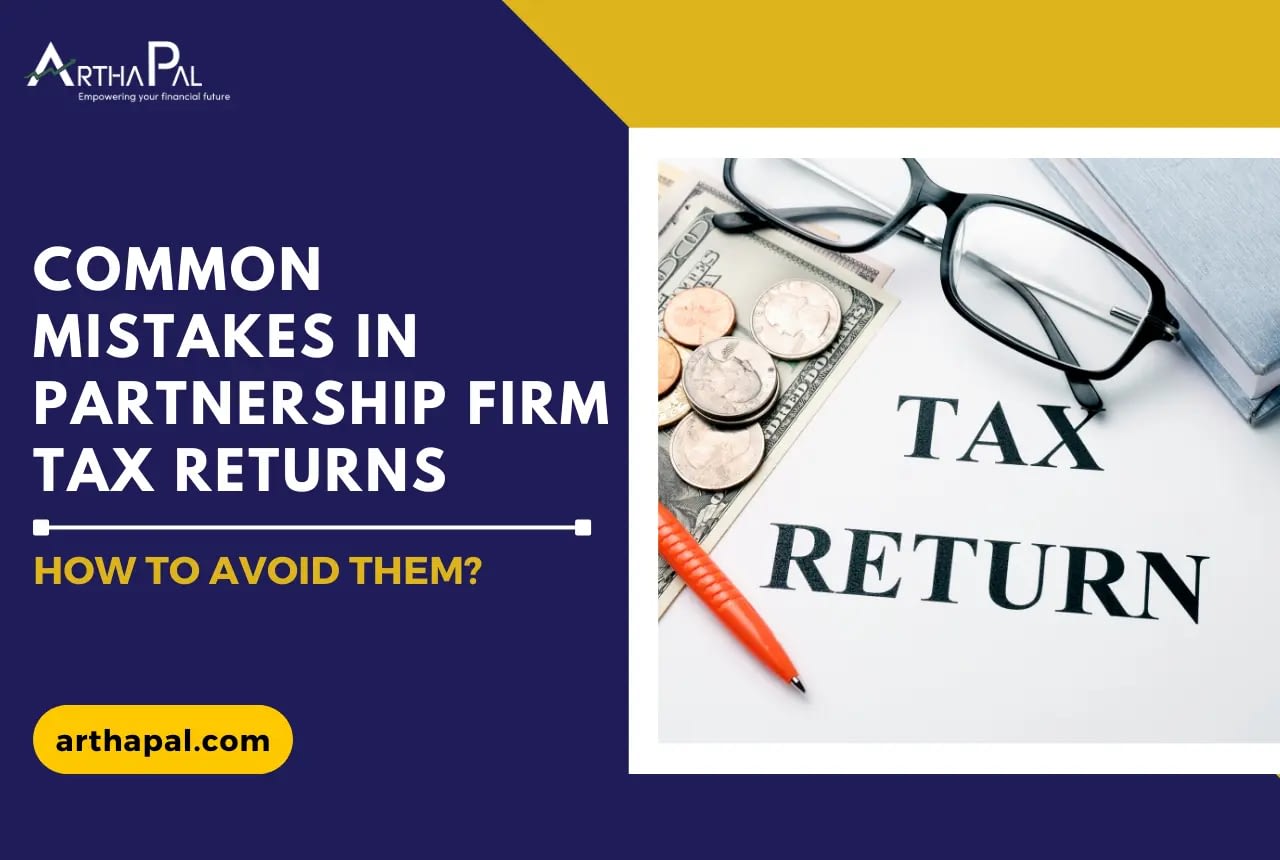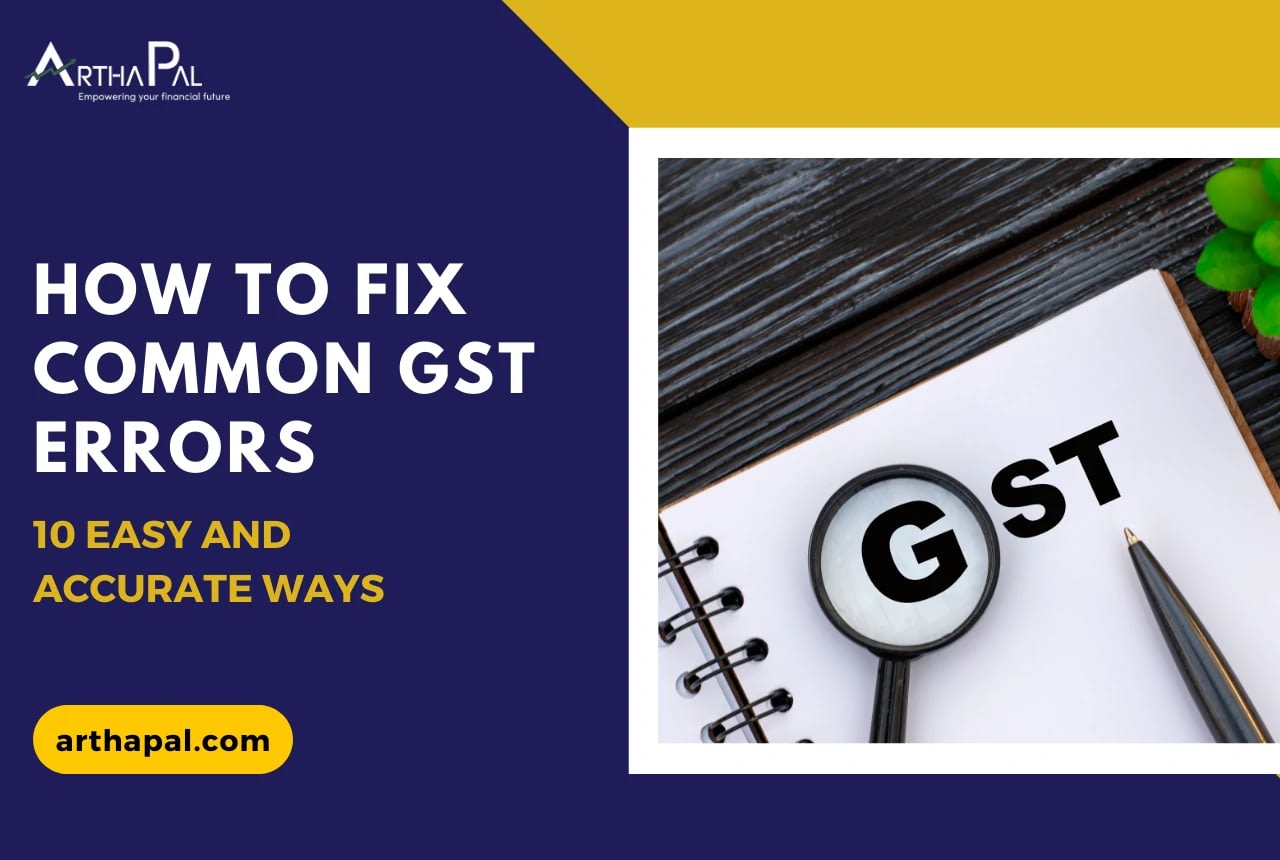There are multiple reasons to hire a tax professional as a partnership firm is a type of company arrangement whereby two or more people split losses and profits.
Partnerships have a separate tax identity unlike sole proprietorships. They so file a partnership tax return (Form 1065), and on their personal tax returns the partners record their portion of the income, deductions, and credits of the partnership.
Although this arrangement has some benefits, it also brings complexity that can be too much for entrepreneurs.
Particularly more complex than personal tax returns are partnership tax returns. They include thorough income, spending, deduction, and credit accounting.
Partnerships also have to follow different state and municipal tax rules, which adds still another level of difficulty. The often changing tax regulations complicate matters even more and make it difficult for company owners to keep informed and guarantee appropriate filing.
Many times, hiring a tax specialist helps a partnership company negotiate this complexity and maximise tax benefits. A trained tax attorney is well-versed in accounting principles, partnership tax rules, and regulations.
They can offer professional advice to guarantee precise and effective fulfilment of the tax responsibilities of the cooperation.
We shall explore the particular reasons employing a tax specialist is crucial for partnership businesses in the sections that follow.
10 Reasons to Hire a Tax Professional for Partnership Firms
In order to enhance the finances of any partnership firm, it is essential to hire a tax professional, let us delve into the top 10 reasons that are necessary to grow your business and look after finances properly.
1. Staying Up-to-Date on Complex Tax Laws

The terrain of taxes is always changing. Regular emerging new laws, rules, and interpretations make it difficult for business owners to stay current. The difficulty is heightened for partnership companies because of their unique structure and interaction between entity-level and personal taxation.
Independently trying to negotiate these complexity can be dangerous and time-consuming. Ignoring credits, deductions, or tax planning chances could cause large financial losses. Professionals in taxes commit their life to keep current with these developments.
They attend industry conferences, have access to certain tools, and keep their knowledge updated constantly. Hiring a tax specialist gives your partnership company access to this knowledge, thereby guaranteeing that you will profit from the most recent tax benefits and prevent expensive mistakes.
By aggressively spotting possible tax planning techniques, a tax consultant can assist your company reduce its tax load and maximise cash flow.
2. Maximizing Deductions and Credits

Explain how partnership agreements and profit-sharing structures can impact deductions and credits.
Discuss the expertise of tax professionals in identifying all available deductions specific to partnerships.
Mention potential tax credits for partnerships, such as research and development credits.
The allowable deductions and credits can be greatly affected by the complex structure of a partnership including profit-sharing ratios and partner contributions. Minimising your tax liability depends on your knowing of these subtleties.
Tax experts are quite good in spotting deductions that business owners could miss.
These could cover regular company expenses as well as particular deductions accessible to partnerships, such pass-through entity losses. A tax specialist can assist you to maximise your tax savings and claim all qualified deductions by closely reviewing the financial records of your partnership.
Apart from deductions, tax experts can also find possible tax credits straight-forwardly lowering your tax load. For companies doing qualified activities, for instance, research and development (R&D) credits are offered.
Though negotiating the complicated eligibility criteria might be difficult, these credits can offer significant tax savings. A tax accountant may evaluate your company’s eligibility and assist in your claiming of these worthwhile benefits.
3. Minimizing Tax Liability

The allowable deductions and credits can be greatly affected by the complex structure of a partnership including profit-sharing ratios and partner contributions. Minimising your tax liability depends on your knowing of these subtleties.
Tax experts are quite good in spotting deductions that company owners might pass by. These could cover regular company expenses as well as particular deductions accessible to partnerships, such pass-through entity losses.
A tax specialist can assist you to maximise your tax savings and claim all qualified deductions by closely reviewing the financial records of your partnership.
Apart from deductions, tax experts can also find possible tax credits straight-forwardly lowering your tax load. For companies doing qualified activities, for instance, research and development (R&D) credits are offered.
Though negotiating the complicated eligibility criteria might be difficult, these credits can offer significant tax savings. A tax accountant may evaluate your company’s eligibility and assist in your claiming of these worthwhile benefits.
4. Streamlining Tax Filing Process

Forms like Form 1065, which are partnership tax returns, are complicated papers needing exacting attention to detail. The possibility for mistakes is great when one has several partners, different income and spending sources, and has to balance information with individual partner returns. Incorrect or missing filings could result in audits and expensive fines.
The nuances of partnership tax forms are well-known to tax consultants. Their knowledge guarantees compliance with all pertinent tax regulations by allowing them to precisely fill these forms. Managing the filing procedure helps you to free up time for running your company.
Moreover, tax experts can easily traverse systems for electronic filing. These systems follow their own set of guidelines and policies; mistakes could cause delays or rejections. Professionals maintain current on these systems and can guarantee a timely and seamless filing mechanism.
5. Representation During Audits

Like every other company, partnership firms are susceptible to tax audits. Examining your partnership’s financial records and tax returns makes an audit a time-consuming and demanding process. It calls a thorough knowledge of tax laws and the capacity to produce precise, clear documentation.
Tax experts are adept in managing audits. They can properly represent the interests of your partnership and grasp the IRS’s policies. They can negotiate on your behalf, compile the required records, and answer IRS questions.
Dealing with the IRS professionally will assist to reduce much of the anxiety related to an audit and safeguard the financial situation of your partnership.
6. Long-Term Tax Planning for Growth

Tax planning is not just about maximizing deductions for the current year. It’s a strategic approach to minimizing your overall tax burden over the long term. Tax professionals can help you make informed business decisions by analyzing the potential tax implications of various options.
As your partnership grows, you may consider expanding into new markets, acquiring other businesses, or restructuring your partnership. These decisions can have significant tax consequences. A tax professional can help you structure your growth strategies in a tax-efficient manner. For instance, they can advise on the best timing for investments, asset purchases, and other major transactions.
By looking ahead, a tax professional can identify potential tax benefits associated with future mergers, acquisitions, or changes in partnership structure. They can help you develop a comprehensive tax plan that supports your business goals while minimizing your tax liability.
7. Peace of Mind and Time Savings

Managing the tax affairs of a partnership can be a significant burden. Staying compliant with complex tax laws, gathering financial records, preparing returns, and potentially dealing with audits can be time-consuming and stressful. By delegating these responsibilities to a tax professional, you can gain peace of mind knowing that your partnership’s tax matters are being handled by experts.
Freeing yourself from the complexities of tax compliance allows you to focus on core business activities. This can lead to increased productivity, better decision-making, and overall business growth. Investing in a tax professional can be a valuable investment in your partnership’s success and your own well-being.
8. Proactive Tax Management

Good tax management goes beyond finishing tax returns. Monitoring the financial operations of your partnership all year long, a tax specialist acts pro-actively. Keeping current with the financial situation of your company can help them to see possible tax problems early on, hence enabling strategic planning and quick corrections.
This proactive strategy keeps surprises at tax filing time under control. Knowing possible tax ramifications helps you to make wise financial decisions all year long. As possibilities present, a tax professional can assist you to apply tax-saving techniques so optimising the after-tax income of your partnership.
9. Access to Specialized Knowledge

Hiring a tax consultant with experience in partnership taxation has great benefits. These experts know the intricate tax laws and rules especially relevant to partnerships in great detail. They can offer customised guidance and solutions since they recognise the special difficulties experienced by partnership businesses.
Selecting a specialist allows you to obtain knowledge on tax policies particular to your field of business. Whether your business is real estate, technology, another field, or another, a specialised tax attorney can assist you to spot tax-saving prospects pertinent to your field of business.
10. Building a Strong Relationship with Tax Authorities

A tax professional can be instrumental in cultivating a positive working relationship with the IRS. By maintaining open communication and demonstrating a commitment to compliance, they can build trust with the tax authorities. This can be invaluable in the event of an audit or inquiry.
A strong relationship with the IRS can streamline the audit process and increase the likelihood of favorable outcomes. A tax professional can effectively communicate with the IRS on your behalf, ensuring that your partnership’s position is clearly understood. By building a positive rapport, you can reduce the risk of unnecessary disputes and penalties.
How to Choose the Right Tax Professional for Your Partnership Firm

Selecting the right tax professional for your partnership firm is crucial to ensuring accurate tax filings, maximizing deductions, and minimizing your tax liability. Consider the following factors when making your choice:
- Credentials and Experience: Look for a tax professional with a strong background in partnership taxation. Certified Public Accountants (CPAs) and Enrolled Agents (EAs) are qualified professionals who can provide expert guidance. Prioritize individuals with experience in your industry or with partnership structures similar to yours.
- Fees: Discuss fee structures upfront to avoid surprises. Some tax professionals charge hourly rates, while others offer flat fees or a percentage-based fee. Compare pricing from multiple professionals to find the best value for your needs.
- Communication Style: Effective communication is essential for a successful professional relationship. Choose a tax professional who is responsive, approachable, and willing to explain complex tax matters in clear and understandable terms.
- Interview Potential Professionals: Before making a final decision, schedule interviews with several tax professionals. Ask about their experience with partnership taxation, their approach to tax planning, and their availability throughout the year. This will help you assess their expertise and compatibility with your partnership’s needs.
By carefully considering these factors and conducting thorough research, you can select a tax professional who will be a valuable asset to your partnership firm.
Conclusion
Hiring a tax attorney for your partnership company is an investment with notable payback. Turning your complicated tax affairs to a professional will help you to maximise deductions, reduce your tax liability, and provide piece of mind. In addition to handling the complexity of partnership tax filings and offering strategic tax planning advice, a trained tax expert will remain current on always shifting tax rules.
Let complicated tax rules not overwhelm your partnership. To discuss your particular requirements and investigate how their knowledge might help your company, get in touch a certified tax advisor right now. By being proactive in your tax management of your partnership, you may concentrate on expansion of your company and guarantee best financial situation.
Recall that long-term profitability of a partnership depends critically on a well-run tax plan.





